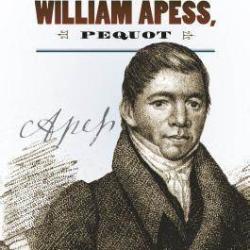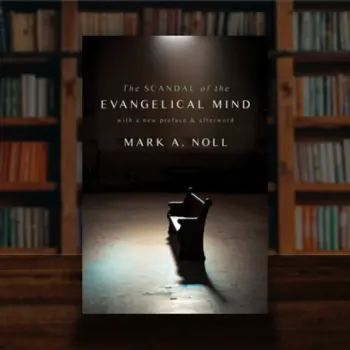When the great American historian Gordon Wood has a long-form essay on the equally-great Bernard Bailyn (at The Weekly Standard), one takes notice. Reviewing Bailyn’s latest book, Wood says
“Although Bernard Bailyn is one of the most distinguished historians in the Western world, he is not as well known as he should be. He rarely appears in the popular media, and he has never published a book that has sold millions of copies. But all those who are seriously interested in the history of early America know his work. He has authored a baker’s dozen of major books, edited at least a half-dozen more, and written numerous important articles. His books have won nearly every award the nation offers to historians: two Pulitzer Prizes, a National Book Award, and a Bancroft Prize. As professor of history at Harvard, he has trained two generations of graduate students, of whom I was one. More recently, he founded, and for many years directed, the International Seminar on the History of the Atlantic World, which helped to shape a new field of history.
His new book is a collection of nine essays, three of which have never been published before. They deal with two main subjects, he says: “The problems and nature of history as a craft, at times an art, and aspects of the history of the colonial peripheries of the early British empire.” In one of the hitherto-unpublished essays, entitled “History and the Creative Imagination,” Bailyn defines the modern creative historian as someone who has enriched “a whole area of history by redirecting it from established channels into new directions, unexplored directions, so that what was once vague or altogether unperceived is suddenly flooded with light, and the possibilities of a new way of understanding are suddenly revealed.” Although he was describing the contributions of four 20th-century historians whose work he greatly admires—Perry Miller, Charles McLean Andrews, Sir Lewis Namier, and Sir Ronald Syme—he could have been talking about himself.
Over the course of his long career, he has brought his own creative and imaginative powers to bear on his field of early American history. When I went to graduate school, I thought the colonial period was merely a quaint prologue to the main story, essentially a mishmash of myths and folklore about John Smith and Pocahontas, the Pilgrim Fathers and Squanto, that belonged in the storytelling of elementary school, where I had last learned about them. But Bailyn taught me and, over the years, thousands of other students that colonial history was something other than quaint stories, cobbled streets, and milk-paint houses. In his hands, the colonial period suddenly became seriously real—indeed, it became the most important part of American history. Bailyn’s creative imagination opened new channels, redirected others, and flooded the field of early American history with new light and new understanding.
In his books and articles he has transformed every aspect of the subjects he touched—from the social basis of colonial politics to early American educational history to the origins of the American Revolution to early American immigration. Few, if any, American historians in the modern era of professional history-writing have dominated their particular subject of specialization to the degree that Bernard Bailyn has dominated early American history in the past half-century.”
Read the whole piece here. See also my review of Bailyn’s The Barbarous Years, at Books & Culture.












